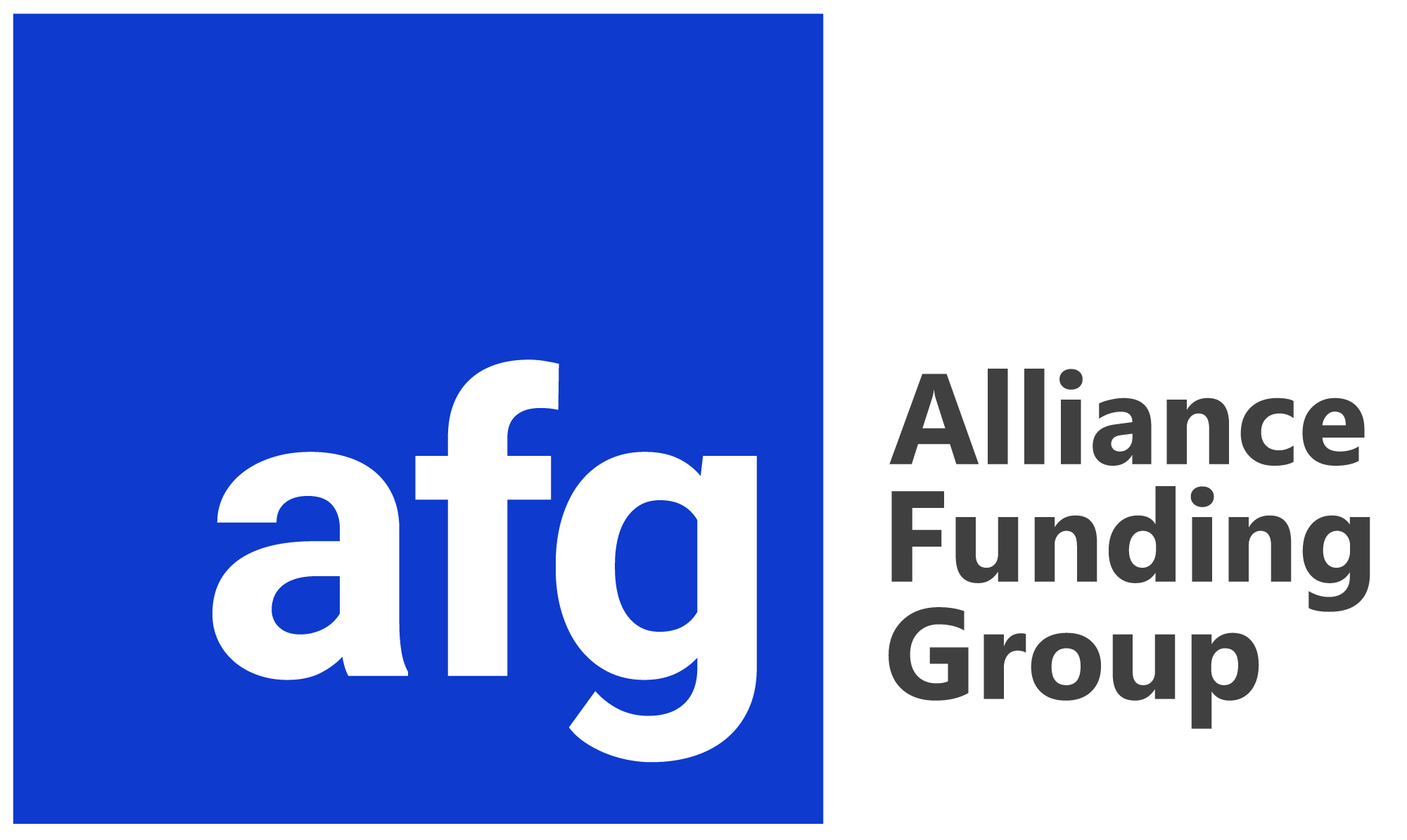The US is and has always been built on small businesses. Did you know the SBA’s 2019 report stated there are 30.7 million small businesses in the U.S. and they make up 99.9 percent of all U.S. businesses? That’s right. They contribute not only to employment, but to innovation and the global economy.
There are many upsides of owning a small business. There’s the flexibility and empowerment of being your own boss. There’s the possibility of financial freedom without the restrictions of working for someone else. And of course, maybe most importantly, there’s the ability to follow your own passion and do what you love.
Of course as many of us know, freedom comes with responsibilities and risk. For instance, right at the outset, 50% of all small businesses fail. Not the best odds when trying to set up a career and future. Small businesses tend to be the hardest hit during times of recession. And it’s more difficult to attract qualified employees when you might not be able to offer the same level of pay or benefits as a large corporation.
Despite the potential downsides, the good news is that the future of small business looks promising. Most of the recent studies and statistics show a future of growth and expansion, which bodes well for business owners and the US economy.
Need proof? According to a Guidant Financial and the Small Business Trends Alliance (SBTA) Small Business Trends 2021 survey:
- 49 percent of small business owners plan to increase staff and expand or remodel their business.
- 55 percent will pivot with the times by investing in digital marketing
- 27 percent will be investing in IT infrastructure
- 22 percent will invest in business services such as using a third-party or software to help them manage payroll, accounting, or inventory.
The fact that businesses are planning to invest right now means they see opportunities for growth and feel confident committing time and resources towards that growth. This speaks volumes especially considering we are still in the midst of a global pandemic and most small businesses have not fared well over the past year. Plus, as so many of us know, the hardest part of growing a business is cash flow management.
The future of small business requires capital.
But how do you secure it? Bank loans can be cumbersome and tedious, especially for small business owners. And often, they don’t provide the benefits other options do.
Also, many of the small businesses that require capital don’t qualify for traditional bank loans. The banking industry’s risk management model does little to support and encourage small entrepreneurs.
Larger corporations tend to be more diversified and therefore can navigate growing pains more easily. Whereas a small business owner might have to mortgage a house, for example, to expand or even just to keep the business going.
Banks tend to be a poor match for a small business owner. There are however alternative methods that can help you fund your growth:
- Equipment Leasing: Leases can provide a great way to source new equipment without having to secure a loan. Plus, you can keep the loan option available for other important projects.
- Business Line of Credit: extremely flexible since you can continue to reuse and repay as often as you’d like, as long as your payments are on time.
- HELOC – Home equity line of credit: Often a viable option for small businesses. It can be a bit risky as it ties your personal assets to your performance in business. While the costs are low, you have to put your personal finances on the line.
- Pay Cash: Can you liquidate assets? Have a family member who can provide funds? If so, cash can be a great option.
- Private Short-Term Unsecured Cash Loan: Working capital loans are easy to secure and typically no collateral is required with an alternative lender. And since they draw capital from private sources, they can be more flexible with the lending opportunities they provide.
There are many benefits of alternative lending which has led to a rise in small private finance companies in the last decade:
- Private lenders such as AFG understand the personal risks of a small business owner and offer solutions that help the business thrive.
- Unlike banks, most private lenders do not impose blanket liens on the business. The equipment financed is the only collateral required to guarantee the deal. No need to put family finances at risk.
- Creative payment options and finance structures that take a company’s seasonality and downtime into account.
- Prompt, simple process – most private lenders will make their credit decision in 24-48 hours with little paperwork (banks may take weeks reviewing financial statements).
- Tax deductions (often, you can deduct the full cost of qualified equipment purchases).
We believe in the power and strength of small business. This country was built on it and will continue to thrive because of it. Which is why AFG does what we do. We hope our support of small business is evident in the way we structure our own processes and the way we work with our clients. We truly want what’s best for them and work hard to ensure we meet their goals every time.
If you’re a small business owner that wants to grow, reach out and learn more about your options. Let us find a solution that works best for your business.

